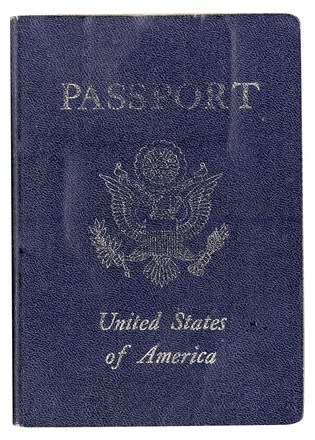U.S. immigration law places limits on who can obtain immigration benefits. A person who otherwise qualifies to enter the United States or change their immigration status may be prevented from doing so due to inadmissibility unless the person can obtain a proper waiver. This post will not cover all the various types of immigration waivers, or even most of them. Rather, the goal of this post is to provide you with a general overview of the most common grounds of inadmissibility and how they can be overcome, for example, with a waiver.
What does it mean to be “inadmissible?” To be “inadmissible” means that you may not lawfully enter the United States of America for any reason or if you’re already in the United States, you cannot adjust your immigration status to something lawful. Can you come to the United States anyway? Sure, but there’s a good chance that you might find yourself involved in removal (deportation) proceedings. You might then ask how waivers can play a role if you’re found to be inadmissible? A “waiver” in this context allows someone who is otherwise inadmissible to enter the United States anyway.
So what circumstances render a person inadmissible? There are four (4) main grounds of inadmissibility: health-related grounds, crime-related grounds, misrepresentation or fraud, and unlawful presence grounds.
(1) Health-Related Inadmissibility. A person who suffers from any of the follow health conditions may be inadmissible: Chancroid, Gonorrhea, Granuloma Inguinale, Hanson’s Disease, (leprosy that is infectious), Lymp Granuloma Venereum, Syphilis (if untreated) and Tuberculosis (if active and infectious). Although a specific waiver exists for these grounds of inadmissibility, the best approach (if possible) is to simply treat these health conditions.
(2) Crime-Related Inadmissibility. A person who has committed certain crimes may be inadmissible. Such crimes include, without limitation, crimes involving moral turpitude, certain controlled substance violations, prostitution, human trafficking, and the commission of multiple crimes. Inadmissibility due to any of the foregoing categories of crimes may be waived but there’s no guarantee! If you want to know whether certain actions you’ve taken makes you criminally inadmissible, please talk to an attorney first. Please remember: you may be inadmissible even if you were not convicted!
(3) Inadmissibility Due to Misrepresentation or Fraud. If you are found to have lied to immigration authorities on a petition or application for an immigration benefit, you are likely inadmissible. A specific waiver for fraud and misrepresentation exists and may apply to you.
(4) Inadmissibility Due to Unlawful Presence. If a person has been present in the United States of America without having any right to be there, this person may be deemed “inadmissible.” A person unlawfully present for 180 days is typically inadmissible for 3 years; a person unlawfully present for a year or more is typically inadmissible for 10 years! Depending on the situation, an individual may be eligible for an “unlawful presence waiver,” which is a type of hardship waiver. This waiver allows the person to enter the United States despite their either 3-year or 10-year bar of entry to the United States.
Finally, a catch-all waiver called the I-601 hardship waiver is available for categories 2-4 (above) in the situation where the prospective immigrant has a qualifying family member who would suffer extreme hardship if entry is not granted or where the prospective immigrant can properly demonstrate that he or she has individual circumstances that rise to the level of a discretionary approval of the waiver. Which types of family members are qualifying family members? That depends on which ground or grounds of admissibility you’re facing. If the inadmissibility grounds fall under categories 3 or 4 above, only U.S. Citizen or LPR spouses and parents qualify; if the inadmissibility relates to criminal conduct (category 3) then a U.S. Citizen or LPR’s children may be considered qualifying relatives as well.
Remember that waivers are not always available, but only might be available. As such, the best practice is probably to avoid the need for a waiver entirely. We highly advise that you contact an immigration attorney before you try to handle an immigration issue on your own.
Disclaimer: The Tran Law Firm makes no representations as to the accuracy, completeness, suitability, or validity of any information in this blog and will not be liable for any errors or omissions in this information nor for the availability of this information. Tran Law Firm will not be liable for any losses, injuries, or damages from the display or use of this information. The information contained on this site is provided for informational purposes only and is not intended as legal advice and should not be treated as such. This site contains links to other websites. We are not responsible for the privacy practices or the content of such websites, and we do not endorse such sites. Additionally, this blog may express some opinions which are the opinions of the authors and do not necessarily reflect the views of the Tran Law Firm.

